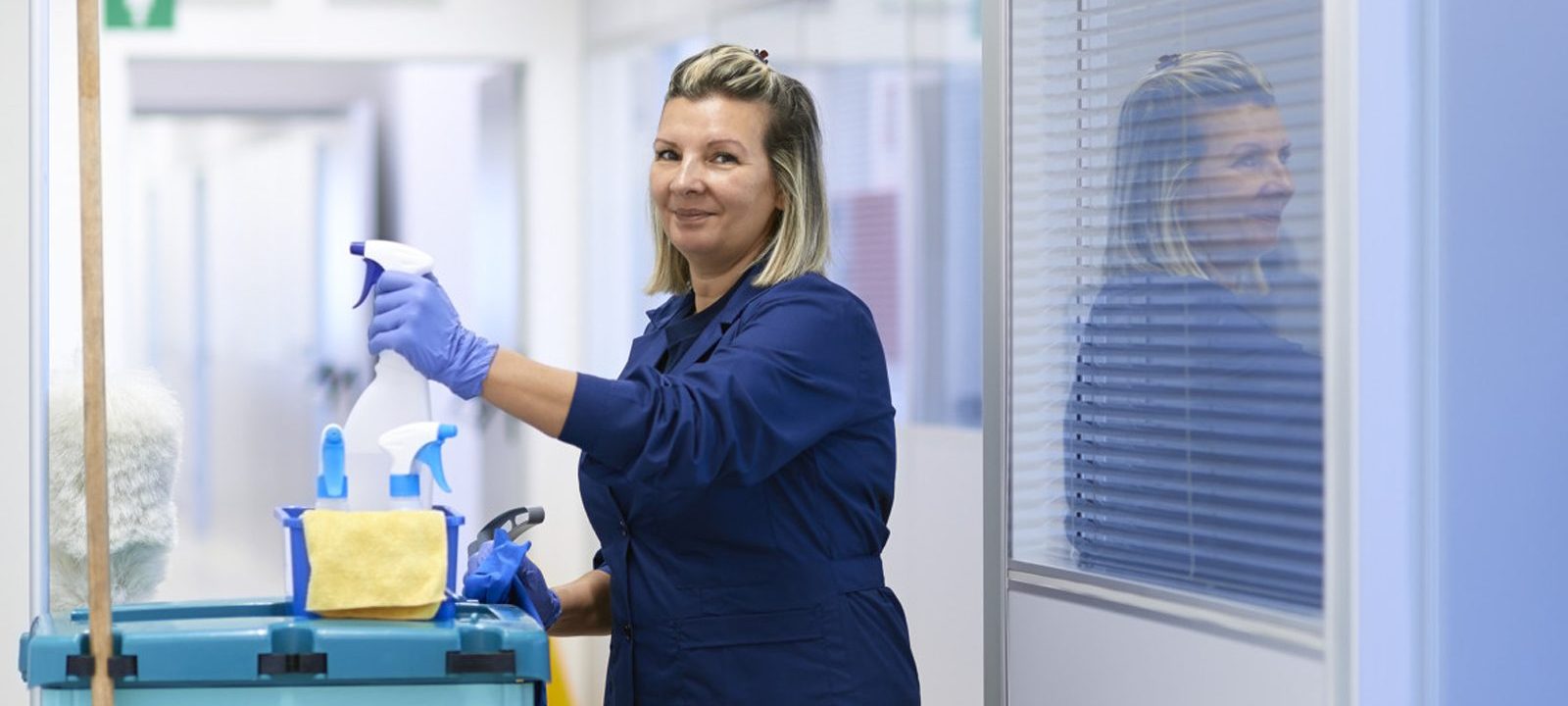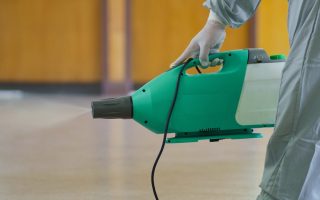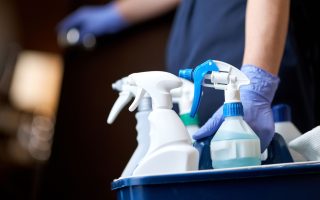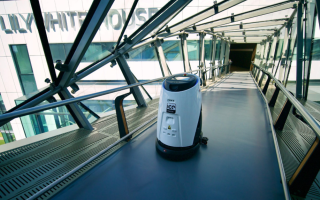What are the Care Quality Commission Regulations for Hospital Cleaning and what do they mean for healthcare providers?
The Care Quality Commission (CQC) is a regulatory body in the United Kingdom that provides independent inspections of hospitals, care homes, and other healthcare providers to ensure that they are meeting certain quality standards. In order to meet these standards, hospitals must comply with CQC regulations for hospital cleaning, with effective healthcare facilities management.
These regulations require hospitals to have a written medical cleaning policy, to designate a hospital cleaner, and to conduct daily cleanliness checks. Hospitals must also keep records of their cleaning activities.
The CQC’s hospital cleaning regulations are important because they help to ensure that patients are safe and healthy while they are being treated in a hospital setting. By complying with these regulations, hospitals can reduce the risk of infection and improve the overall quality of care that they provide.
What are the specific regulations for hospital cleaning and how are they enforced?
Established in 2009, the CQC’s regulatory framework is based on five key questions: are services safe, effective, caring, responsive to people’s needs, and well-led? The CQC also has a range of enforcement powers to ensure that providers comply with its regulations.
The CQC’s regulatory framework is designed to protect the interests of service users. It sets out clear standards that providers must meet, and inspections are carried out regularly to ensure that these standards are being met. If providers fail to meet the required standards, they may be subject to enforcement action from the CQC. This can include issuing warning notices, suspending or terminating services, or prosecuting providers.
Hospitals must have a written cleaning schedule, which is based on guidance from the National Institute for Health and Care Excellence (NICE). The schedule must be followed by all members of staff, who must also be aware of the CQC’s hygiene requirements.
Environmental health officers carry out unannounced inspections to ensure that hospitals are complying with the regulations. They will check that cleaning schedules are being followed, that adequate supplies of cleaning products are available, and that staff are properly trained in hygiene procedures including medical waste management.
What is the current state of hospital cleaning in the UK and how effective are current practices?
UK hospitals are currently required to clean their premises to a certain standard, as set out by the National Institute for Health and Care Excellence (NICE). The guidance from NICE is that all hospital surfaces should be routinely cleaned and disinfected at least once a day. In addition, any spills or other contamination must be cleaned up immediately.
There are a number of ways in which hospitals can clean their premises. One common approach is to use a detergent combined with hot water to clean surfaces. This approach is effective at removing dirt and grease but it does not always kill bacteria. Another approach that can be used is to use a disinfectant agent such as bleach. This approach is more effective at killing bacteria but it can also be more harmful to people’s skin and respiratory systems.
Hospitals are one of the most commonly cited places for the spread of infections. In order to combat this, rigorous cleaning practices are essential. However, recent reports suggest that hospital cleanliness may not be up to scratch.
Last year, the National Healthcare Standards Board (NICE) set out national standards for healthcare cleanliness that must be met by all hospitals. Hospitals were evaluated against these standards, and many are fell short. Poor hygiene practices can lead to the spread of infections such as MRSA and C-difficile, both of which can be deadly.
In order to improve hospital hygiene, the NHS invested in new cleaning technologies. These include robotic cleaners that can scrub surfaces and disinfect them automatically. However, even with these advances, it is clear that hospitals still have a long way to go in terms of meeting national standards for cleanliness.
What are the potential financial implications of poor hospital cleaning?
The NHS is under financial pressure, with a reported £30bn shortfall by the end of the decade. One way to reduce this is to make savings in other areas, and it has been suggested that hospital cleaning may be one such target.
It is estimated that poor cleanliness costs the NHS millions of pounds each year. This is due to increased rates of hospital-acquired infections (HAIs), which can cause illness, death and longer stays in hospital for patients.
Infections can also lead to increased costs for the NHS through the need for additional treatments and surgeries, as well as through loss of productivity when staff are off work due to illness. It is therefore crucial that hospitals maintain high levels of cleanliness if they are to avoid these financial implications.
The NHS in the UK is one of the most expensive healthcare systems in the world. In 2017, it accounted for 9.1% of GDP, or £127.6 billion. This makes it a prime target for cost-saving measures.
One way to save money is to ensure that hospitals are kept clean and free of bacteria. However, a recent study has shown that this is not always the case. The study, which was conducted by the University of Southampton, found that hospital surfaces are often contaminated with bacteria, including MRSA and C. difficile.
The cost of cleaning these surfaces can be significant. For example, the NHS spends £28 million each year on disinfectants and detergents. This does not include the cost of labour, which can be considerable.
These costs could be reduced if hospitals were better cleaned.
What are the takeaways from this article on hospital cleaning and the CQC’s regulations?
The importance of hospital cleanliness has been well documented, with studies linking clean hospitals to shorter lengths of stay, fewer infections, and lower costs. Despite this, a recent report from the UK’s Care Quality Commission (CQC) found that many hospitals are not meeting the government s hygiene regulations.
The CQC report looked at 7 hospitals in England and found that only 2 were fully compliant with the regulations. The other 5 hospitals had at least one area where they were not meeting the required standard, with some areas being particularly concerning.
Some of the problems identified by the CQC included lack of cleanliness in patient bathrooms, unclean beds and bedding, and lack of hand hygiene. In some cases, patients were being exposed to dirt and dust as a result of building works taking place at the hospital.
It is important for hospitals to maintain a high level of cleanliness to prevent the spread of bacteria, viruses and diseases. One way to do this is by hiring a professional cleaning company. Commercial cleaning companies have the experience and equipment necessary to clean large areas quickly and thoroughly. They also follow strict safety protocols to protect their employees and patients.
Here at Samsic, we have years of experience working within the healthcare industry. Our dedicated team can help ensure that your hospital stays clean and safe. We will provide critical support to your staff as they work to keep your hospital clean and free of germs, for more information get in contact with us today.









